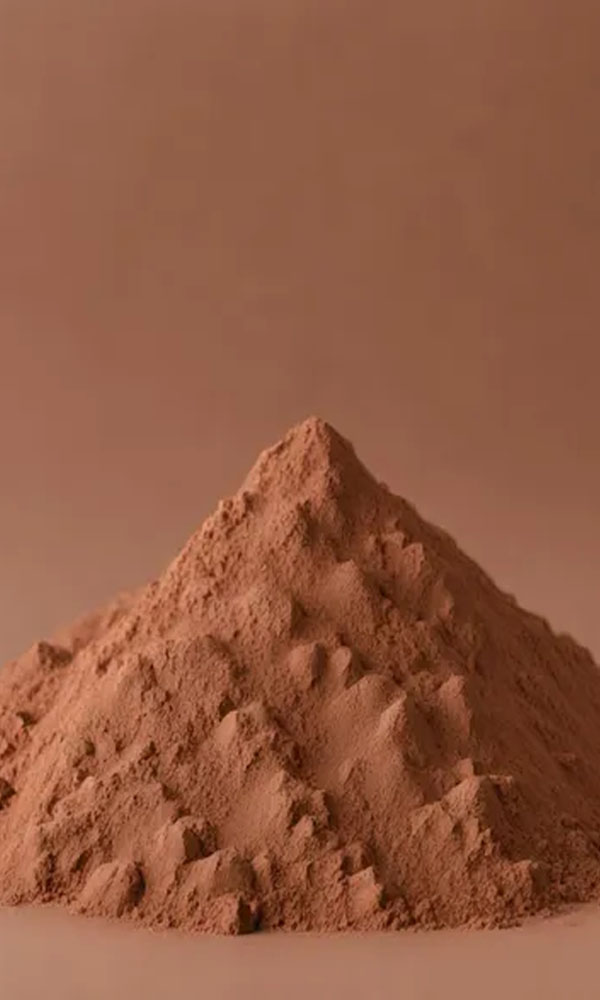
Pakistan is one of the very diverse land having incredibly varied mineral reserves, Phosphate is one of those minerals. Approximate deposits of up to 26.000 million tons were discovered in 1969 through extensive geological surveys. These potential deposits can be used for industrial and commercial purposes. Rock phosphate is used as a raw material for the production of phosphate fertilizers, phosphoric acid and other industrial chemicals and animal-feed. Currently, Pakistan has an installed capacity of one million tons for production of all types of phosphate fertilizers. These, primarily include di-ammonium phosphate (DAP), single super phosphate (SSP) and nitro-phosphate (NP) fertilizers. .
Rock phosphate is mobilized to our plant for sorting and processing, the grinding units grind the the lumps and produce various particle sizes to match varied industrial requirements.
Pakistan requires a reasonable volume of fertilizers each year to meets its cultivation needs, it currently imports big volumes but research and developments in manufacturing with big reserves of raw materials such as phosphate, it aims to reduce its import. We are contributing in this process and supplying locally mined excellent quality Phosphate to fertilizer industries in Pakistan.
The group's subsidiary has a deep presence in various countries around the world where it sells phosphate with brand name "Phosfine". It supplies to state owned entities in far east producing fertilizers, and also to SMEs operating in various international markets.

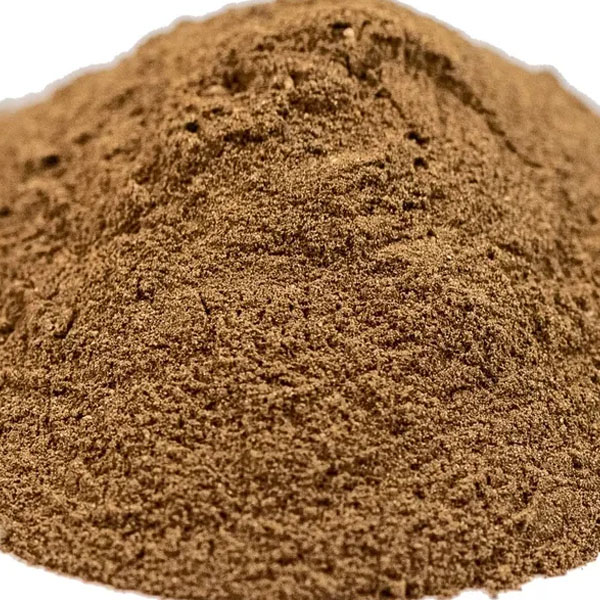
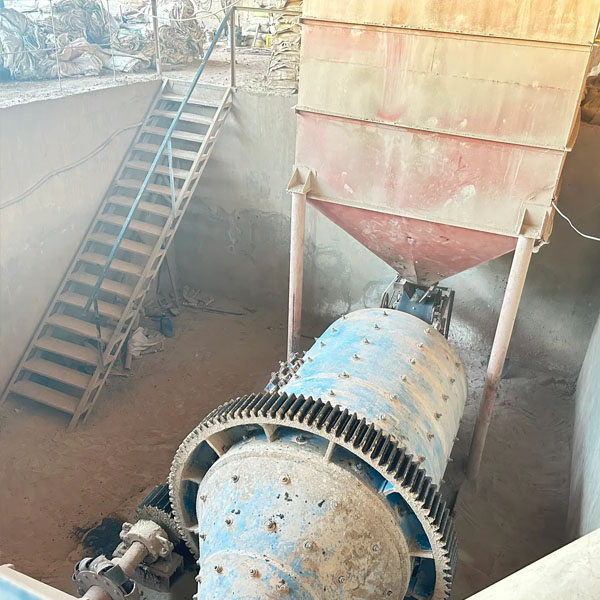
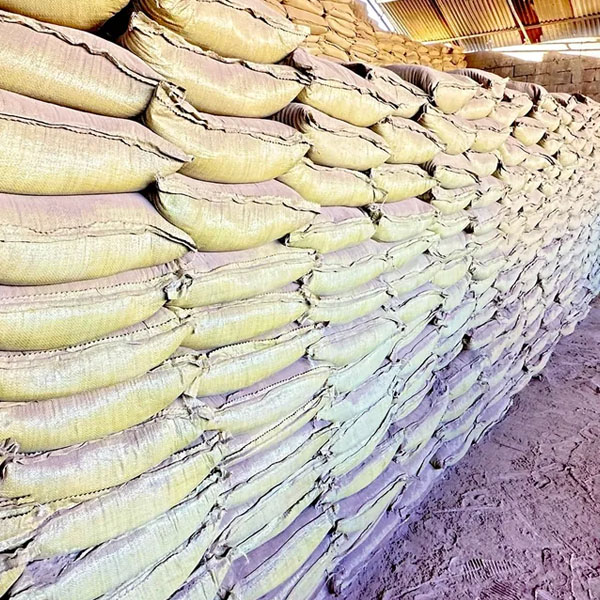
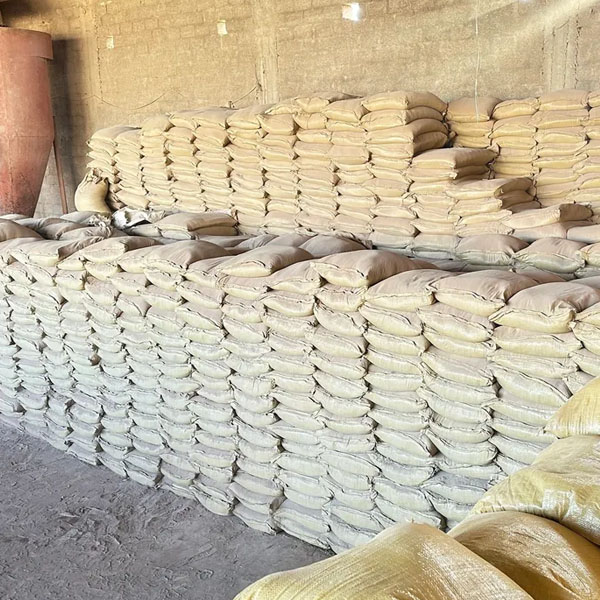
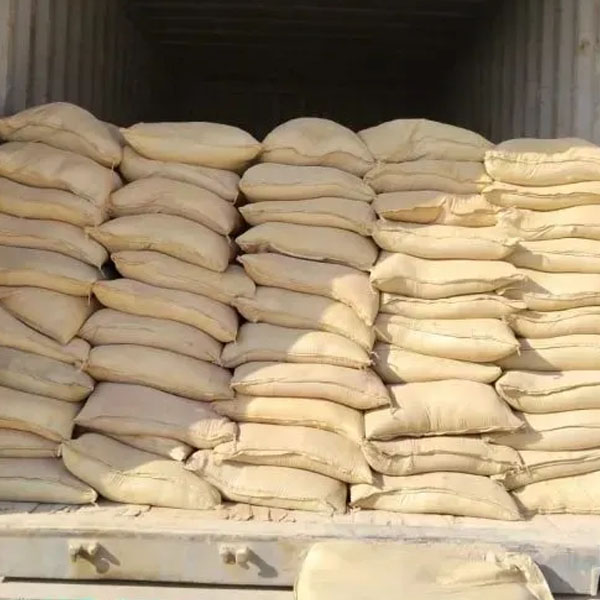
Rock phosphate is a vital fertilizer used in agriculture. It is used to make phosphates, a key ingredient in fertilizers, and helps crops grow. Rock phosphate comes from deposits of phosphatic rock and is a natural fertilizer. It can be used as an amendment to soil, water, or spray-on product.
The cattle that have the highest phosphorus requirements are growing stock, late-pregnant heifers and cows, and lactating cows. Phosphorus (P) is: a major contributor to muscle and bone health • essential for metabolism • particularly important for improving cattle growth, health and milk production.
Most phosphate rocks are used to produce soluble P fertilizers, but some is used for direct application to soil. While phosphate rock can be a valuable source of P for plants. Studies show rock phosphate increases the soil exchangeable calcium and magnesium cations. It increases carbon accumulation which in turn improves soil quality. Rock Phosphate improves electromagnetism in soil.